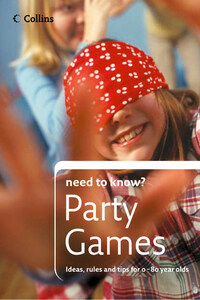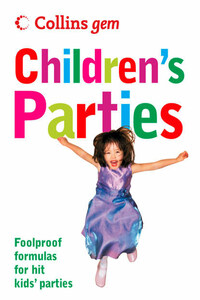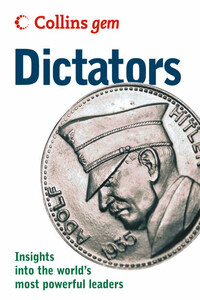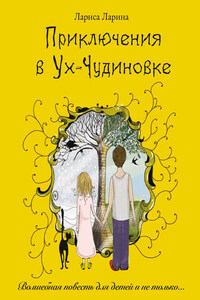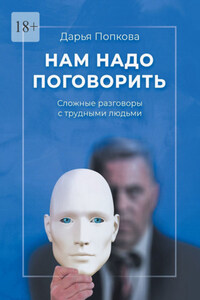Games are fun. They give an opportunity for people of different characters and ages to mix, provide mental and social stimulation for all, and the lively games offer young ones a chance to let off some steam. Participants need to cooperate and communicate, encouraging them to get to know each other. However, above all, games are a fantastic way for families to get together and have a good time.
How this book works
This book describes more than 300 family games. You can dip into it when you need a few ideas for games for your own family, or if youâre going to spend time with another family or if you are organizing a childrenâs party. It also has ideas for larger gatherings of extended families and friends.
The games are divided into sections, but on page 60 you will also find listings of game by type, such as ice-breakers, those suitable for large groups or the very young, and outdoor games.
Text on each game includes the equipment and preparation needed and the lowest age for the game (e.g. 6+), plus clear playing instructions and ideas for variations.
Hereâs a simple checklist to help you choose and run the games:
Whoâs coming?
How many will there be?
Do they know each other? If not, name labels might be helpful, and plan in some ice-breaker games.
Consider the age range of the people who will be there and choose some games that work well across the generations (older people may be more comfortable with acting and pencil and paper games than, say, relay races).
Who will help run and supervise the games?
Games are a great way to get people of different generations mixing and having fun together.
must know
Safe and sound
Safety must be a priority:
Set clear rules for youngsters about where they are allowed to go.
Be aware of choking hazards for young and old.
Bare feet or shoes are safer to run in than socks.
Wipe up spills and breakages immediately.
Where?
Make sure thereâs enough room for the games plus space for those who prefer to watch rather than participate.
If you are going to be outside, check safety and security and have a âplan Bâ for bad weather.
must know
A planning checklist
Invitations Choose the games (see Order of play, below) Food or snacks and drinks Decoration Clear the game-playing space of anything breakable or dangerous, and ensure any pets are out of harmâs way.
When?
Some senior adults like to rest during the afternoon but are more perky in the evening, and others prefer the opposite. Children, in particular, can get very excited during games and it can be hard to calm them down after a series of lively activities. They may go to sleep better having calmed down following an afternoon of games rather than at the end of a hectic evening.
What else is happening?
Are you feeding a large group?
Are the games part of a larger celebration, like a wedding anniversary?
Order of play
Prepare a list of the games to be played and in what order. If players donât know each other, start with some ice-breaker games that encourage them to talk and get to know each other (see page). Alternate lively and quieter games to maintain interest and prevent things getting too hectic.
If food is being served, have a couple of calm, restful games afterwards to aid digestion.
Consider numbers, age ranges and how active most people will want to be.
Equipment
Some simple equipment, such as pencils and paper, balloons, etc., is required for some games. Check you have it and put it out ready.
Helpers
If itâs a large gathering that youâre planning, set up helpers specifically to:
Supervise games to keep them safe and fair.
Hand out and gather equipment.
Keep an eye out for anyone who needs a little special attention, young or old.
Running a game
Politely ensure that everyone who needs to follow instructions is listening. Give clear instructions and get one person to demonstrate any actions that are important to the game.
Mix up the teams so that they are equal in both age and ability.
Have a clear signal for the start and finish.
Donât let one game go on too long.
If appropriate, give winnersâ and consolation prizes plus awards for âbest sportâ, âgreatest effortâ and so on.
Be flexible and keep your sense of humour.
Players in running games should wear shoes or go barefoot: this is far safer than running in socks.
